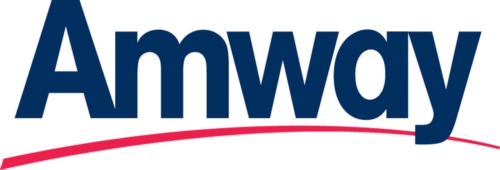How Can Businesses Build Effective Partnerships with NGOs?
by Jeff Terry, Global Head of CSR at Amway Corporation

Originally published on USCCF Blog
Now more than ever, businesses (and their partners) are leaning on their expertise and innovations, and not just philanthropy, to solve global problems. At the same time, relationships have become more than a “name only” association between organizations; there needs to be a 100 percent transparent partnership.
So, what are the key lessons for building a robust partnership?
1. Mutual Respect
Non-governmental organizations (NGOs) have long been known for their expertise in local implementation, while businesses in the private sector have championed their marketing prowess and creativity. The key is to blend these core competencies, melding the community relationships of one with the “go to market” strategy and product expertise of the other.
2. Personal Investment
Trust is built from the beginning. Especially with job turnover in all sectors, relationship building is a constant and ongoing process. It’s an investment — not just investing in what you want to accomplish, but investing in each other to make each other stronger. You have to be willing to learn from each other—and to stay at it.
3. Finding True Partners
Bringing more than 80 years of nutrition expertise, Amway scientists developed Nutrilite Little Bits, a micronutrient powder, to give undernourished children the essential nutrients they need to grow and develop a healthier brain and body. Through partnership with CARE and local NGOs around the globe, Amway makes this micronutrient powder a daily part of children’s diets – along with providing education, food provisions, and health assessments.
Our NGO partners know the communities they serve. They’ve built critical “on-the-ground” relationships with government, health and local officials and, most importantly, the families they support and serve. We’ve learned it’s easier to leverage existing programs rather than build them from scratch.
All in all, partners create avenues to address critical issues around the globe. True partnership occurs when you fully leverage the expertise and innovation of one partner with the relationships of the other. It’s no longer about just giving things away — it’s about building up people, who in turn build up their community and go on to make deep lasting changes in society.
This article originally ran in the USCCF January 2017 Health Means Business Champion Newsletter.
The Health Means Business campaign is a two-year commitment by the U.S. Chamber of Commerce Foundation and the Robert Wood Johnson Foundation, in an unprecedented partnership with businesses, local and regional chambers, to foster business engagement in the wellness of our nation’s communities.
Take the Health Means Business Wellness Pledge to sign up for tips, tools and access to information from a network of champions who are taking action to build employee and community wellness.

